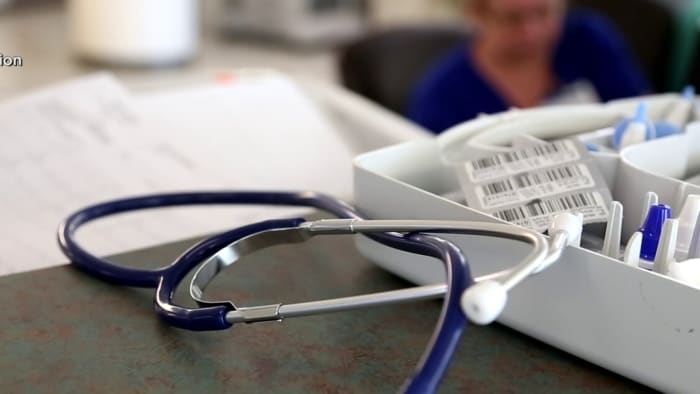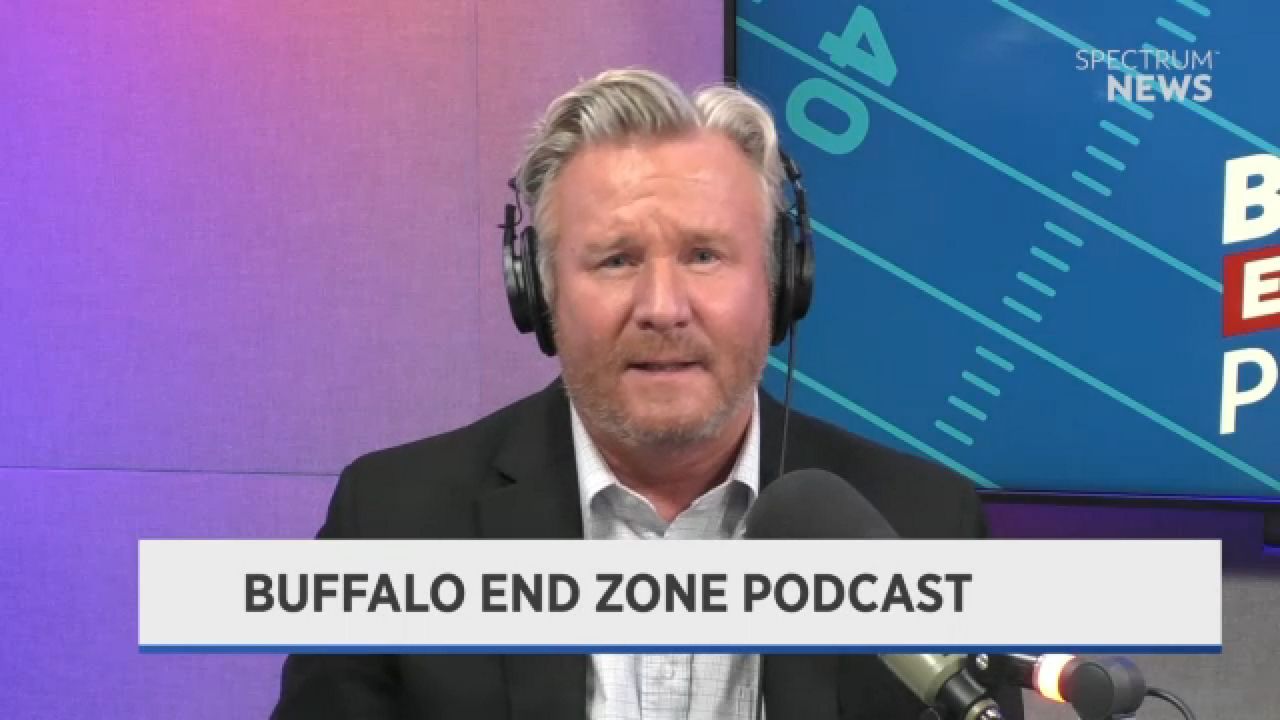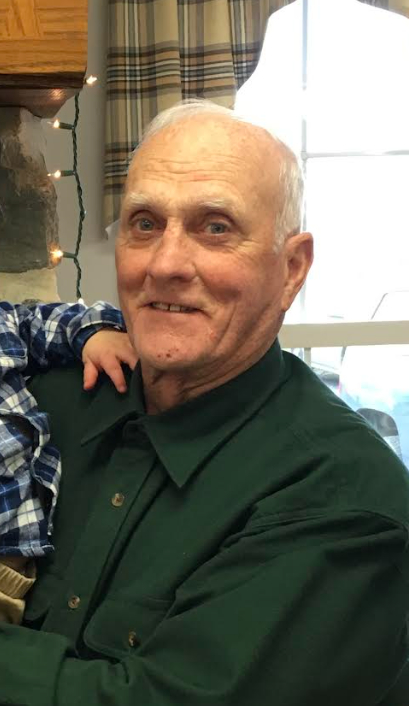UPDATE: Seven women from the Houston area have been charged in a shocking Medicare fraud scheme, accused of illegally billing over $110 million for hospice services to patients who were not terminally ill. The U.S. Attorney’s Office, led by Nicholas J. Ganjei, announced the charges following a superseding indictment returned on October 5.
Authorities have arrested Hattie Banks, 49, of Humble; Lydia Obere, 59; Cheryl Brooks, 64; and Ena Cowart, 50, of Missouri City. They join previously arrested suspects Dera Ogudo, 40, and Victoria Martinez, 36, both from Richmond, along with Evelyn Shaw, 52, of Houston. This urgent crackdown highlights a growing concern over healthcare fraud and its devastating impact on vulnerable populations.
According to court documents, Ogudo and Martinez operated a business named United Palliative & Hospice Company (UPHC), which allegedly misled elderly patients and their families about the hospice care being provided. The indictment reveals that UPHC marketers falsely claimed patients qualified for hospice services, leading to fraudulent billing to Medicare and Medicaid.
In a shocking twist, the indictment asserts that Ogudo paid kickbacks to various individuals for patient enrollments, including group home owners and hospital discharge coordinators like Shaw. Furthermore, Ogudo is accused of bribing a doctor to falsely certify patients as terminally ill, allowing the fraudulent billing to continue unchecked.
After investigators raided UPHC, Ogudo and Martinez reportedly opened new companies—Residential Hospice and Cedar Hospice—under straw owners to evade detection. Prosecutors allege they laundered Medicare payments through accounts controlled by Martinez, concealing Ogudo’s involvement in the operation.
The charges against the accused include conspiracy to commit healthcare fraud, multiple counts of healthcare fraud, conspiracy to pay and receive kickbacks, and violations of the Anti-Kickback Statute. Additionally, Ogudo faces 14 counts related to monetary transactions involving criminal proceeds, while her and Martinez’s conspiracy to commit money laundering could result in up to 20 years in prison. Each conviction carries a hefty fine of up to $250,000.
The implications of this case extend far beyond legal consequences—many elderly patients and their families have suffered emotional and financial distress due to these fraudulent practices. As investigations continue, authorities are urging the public to remain vigilant against similar schemes that exploit vulnerable populations.
What happens next? The legal proceedings are expected to unfold rapidly as prosecutors pursue justice for the affected families. Watch for updates as this case develops further, and consider sharing this information to raise awareness about healthcare fraud and its devastating effects on communities.
Stay tuned for more urgent updates on this developing story.







